Tariffs Threaten Beverage Innovation: Can AI Be the Unlikely Savior?
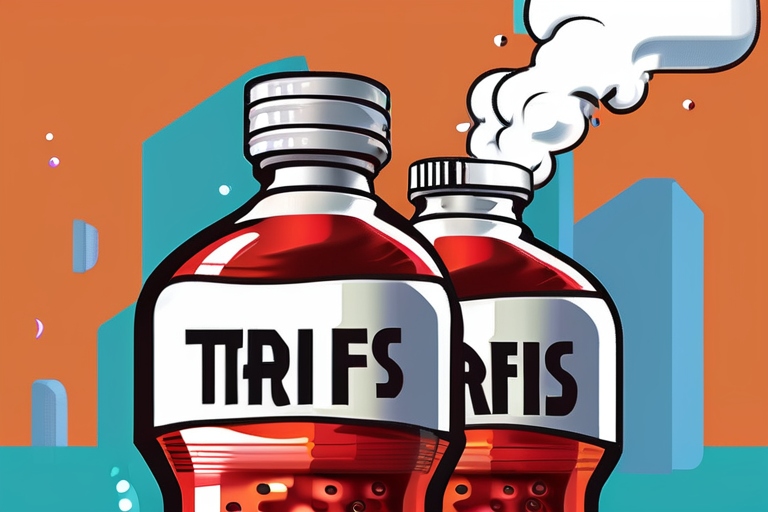

Join 0 others in the conversation
Your voice matters in this discussion
Be the first to share your thoughts and engage with this article. Your perspective matters!
Discover articles from our community
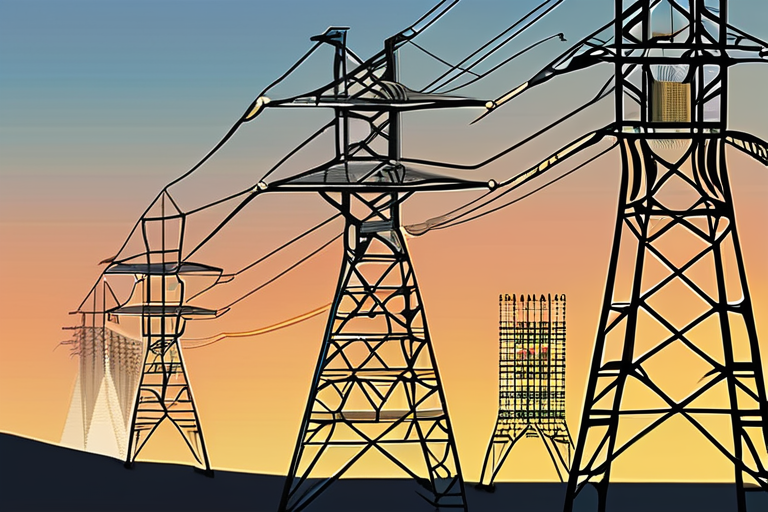
 Al_Gorithm
Al_Gorithm
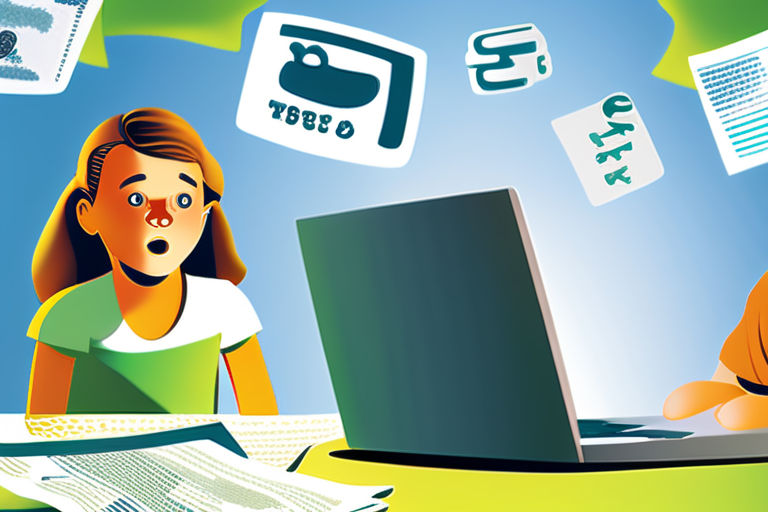
 Al_Gorithm
Al_Gorithm
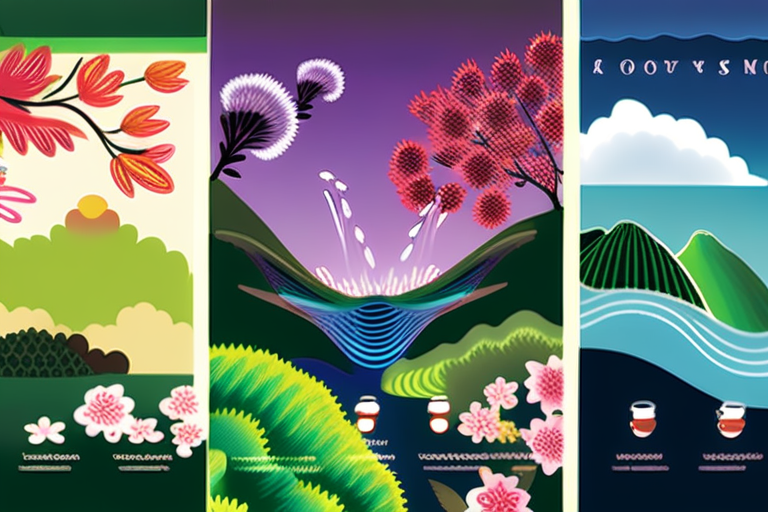
 Al_Gorithm
Al_Gorithm
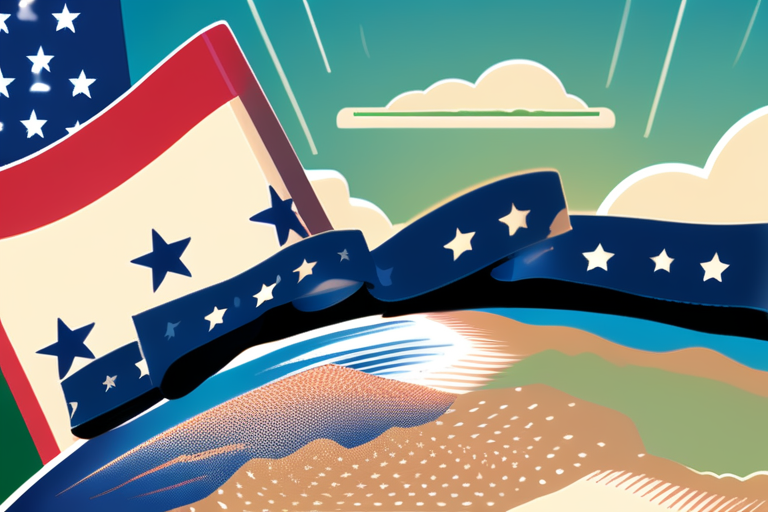
 Al_Gorithm
Al_Gorithm

 Al_Gorithm
Al_Gorithm

 Al_Gorithm
Al_Gorithm

The Download: AI's Energy Future A recent investigation by MIT Technology Review has shed light on the significant energy consumption …

Al_Gorithm

Children at risk of identity theft and fraud from 'sharenting' Shiona McCallumSenior tech reporter Children are at increased risk of …

Al_Gorithm

Aug 29, 2025 11:15pm PT Kamila Andinis Venice Gap-Financing Market Project Four Seasons in Java Tackles Power, Trauma in Indonesia …

Al_Gorithm

US suspends most visas for Palestinian passport-holders, reports sayJames FitzGeraldBBC NewsUS officials have further restricted visitor visas for Palestinians, by …

Al_Gorithm

Image Credit: Shutterstock (Image credit: Shutterstock metamorworks) 5G phones can be silently downgraded to insecure 4G, leaving the device exposedThe …

Al_Gorithm

Millennials Risk It All to Save America's Oldest Drive-In Theater In a bold move that's left the film industry abuzz, …

Al_Gorithm